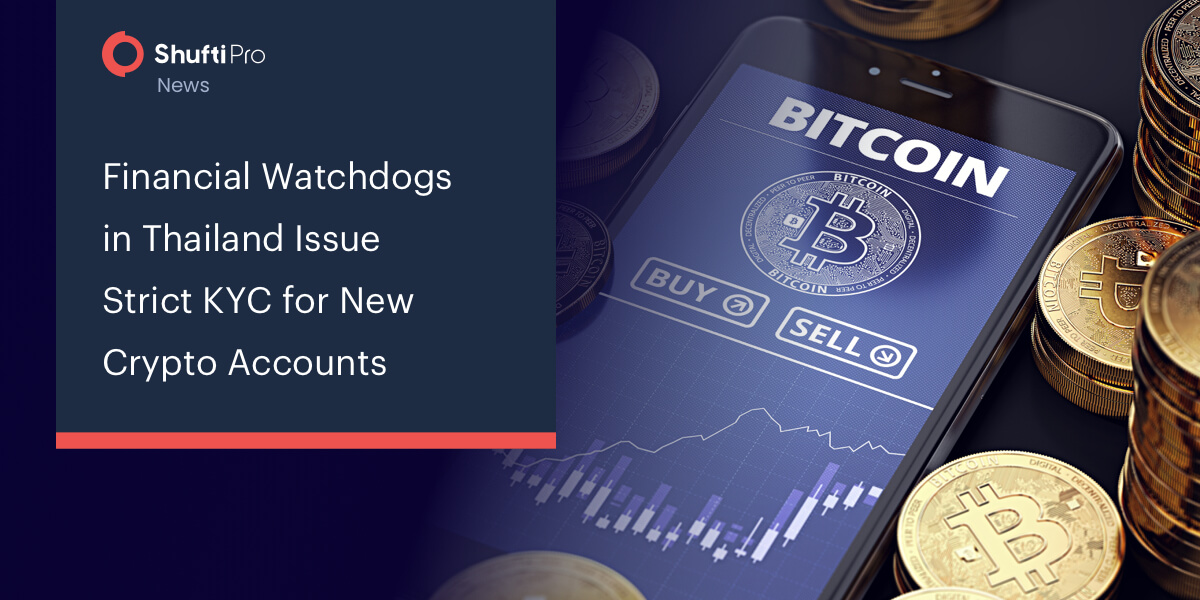Financial Watchdogs in Thailand Issue Strict KYC for New Crypto Accounts

The government in Thailand plans to eliminate anonymity in the new crypto account creation by enforcing strict KYC measures. The financial watchdogs in Thailand are working towards stringent regulations regarding account creation at crypto-asset exchanges.
Bangkok Post reported on May 3rd that the AMLO, Anti-Money Laundering Office of the country, has issued a deadline of July 2021 to crypto exchanges to verify the identities of new clients in-person using a dip-chip machine.
The currency users can verify their identities with crypto exchanges by uploading their identity documents online. With the dip-chip machines, the digital IDs of the Thai citizens containing a chip will be scanned and analysed. This requires the client to be present at the location for the verification procedure. With the help of this new rule, foreign investors will also be halted from accessing the crypto exchanges in Thailand as they will not have chip-based Thai ID cards.
Lawmakers are also looking to implement the same regulations for the sales of gold worth more than 100,000 THB. Dip-chip machines are already being utilised by some of the goldsmiths located in Bangkok for the identity verification procedure of their clients.
As the crypto industry becomes increasingly popular in Thailand, lawmakers are working towards more strict regulations. The number of accounts with Thai crypto exchanges has increased from 160,000 to 700,000 from the end of 2020 to the start of May 2021. Industry experts have shown their concerns regarding the new rules claiming that they stifle the growth of the crypto sector in Thailand.
Poramin Insom, co-founder and director of Thai crypto exchange Satang Corp, stated: “Most digital asset exchanges are still busy preparing their systems to accommodate the growing number of clients as new account applications continue to flow in. However, this growth may be curbed if the application process becomes more complicated.”
A debate regarding the upcoming regulations at a new forum might be held by The Thailand Digital Asset Operators Trade Association. This debate will allow a dialogue with the regulatory agencies such as AMLO and Securities and Exchange Commission.
Thailand’s most popular crypto exchange, Bitkub, banned temporarily by the SEC, has refused to comment on the KYC regulations and it says that the new rules have yet to be implemented officially. The Central Bank of the country also outlawed the use of the stable coin.

 Explore Now
Explore Now













